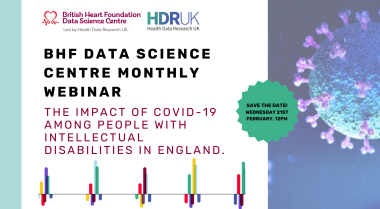COVID-19 has affected millions of people around the world and has had huge effects on people’s health, work and daily lives. That’s why we must quickly develop vaccines to help protect people against COVID-19.
Several vaccines have been approved for use in the UK and are now being given in the general population. All these vaccines were shown to be safe in the trials that tested them before they were approved. It is now important to see how these vaccines work when they are used more widely. The people involved in the trials might have been younger or have had fewer health problems than those in the general community. Monitoring vaccines includes looking at safety and at how well it works in the wider community, including in the elderly, people with other illnesses and those from different ethnic backgrounds.
We need to be sure that the vaccines are safe for the wider population and we also need to know whether some people are more likely to take up the vaccination than others
If some groups, particularly disadvantaged and vulnerable people, are less likely to be vaccinated this could lead to greater health inequality. With a better understanding of this we can work out how to make sure that everyone has equal access to vaccination.
One way to monitor the new vaccines is by using healthcare records to find out who is vaccinated and what happens when the vaccine is given. General Practice (GP) patient records contain the information needed to answer these questions quickly about very large numbers of people. The QResearch database contains millions of GP records where patients’ personal identity details have been removed which can be used by researchers to answer these questions.
This project will measure the uptake of the COVID-19 vaccination programme and monitor the safety of the new COVID-19 vaccines using the QResearch database.
Visit the Health Data Research Innovation Gateway



